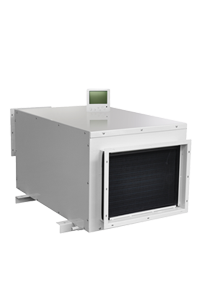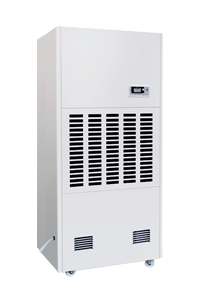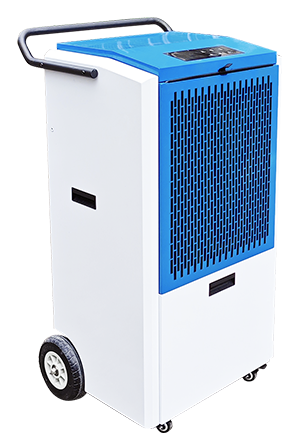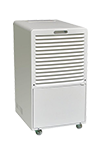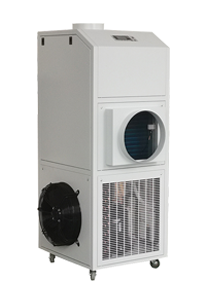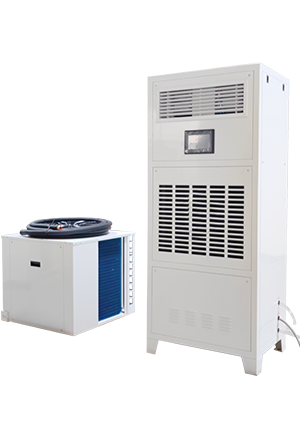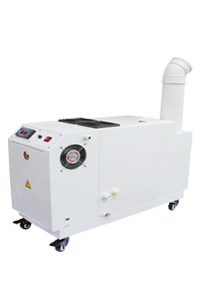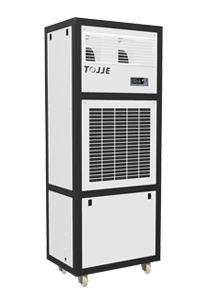News
Industrial dehumidifiers are important equipment for reducing air humidity and improving air quality. They are widely used in many industries. In order to ensure the long-term, efficient and stable operation of the equipment, regular maintenance and care are essential. The following are some key points to pay attention to during the maintenance of industrial dehumidifiers:
1. Clean and check the filter regularly
● Inspection frequency: Usually check once a month or every three months.
● Notes:
● The filter is an important component to prevent dust, dirt and impurities from entering the equipment. The dust accumulation of the filter will affect the efficiency of the equipment.
● The filter needs to be cleaned regularly according to the different operating environments of the equipment.
● If the filter is seriously dirty and blocked, it should be cleaned or replaced in time.
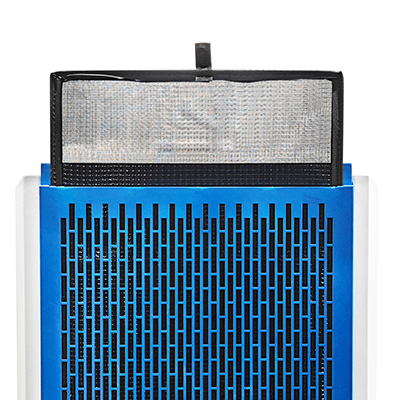
2. Clean the condenser and evaporator
● Inspection frequency: It is recommended to clean it every six months, and more frequent cleaning is required in places with heavy environmental pollution.
● Notes:
● Dust, dirt, oil stains, etc. on the surface of the condenser and evaporator will seriously affect the heat dissipation effect of the equipment, resulting in a decrease in dehumidification efficiency.
● Use special cleaning tools such as brushes or high-pressure gas to blow away dust on the heat sink.
● Be especially careful when cleaning to avoid damaging the fins.
3. Check and clean the water drainage system
● Inspection frequency: Check the drainage system once a month.
● Notes:
● The drainage pipes may be blocked by scale, debris or mold, resulting in poor water flow.
● Clean the drainage pipes and ensure that the drain outlets are unobstructed.
● If there are leaks or damage in the drainage system, they should be repaired or replaced in time.
● Regularly check and clean the water tank (if any) and the drainage pump (if any).
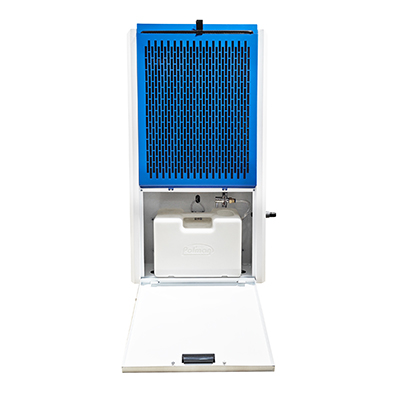
Summary
The maintenance of industrial dehumidifiers is very important. Regular inspection and cleaning can help extend the service life of the equipment and ensure that it can operate efficiently and stably in various working environments. In order to avoid losses caused by equipment failure, it is recommended that enterprises formulate detailed maintenance plans and adjust the maintenance frequency according to the operation of the equipment. In addition, timely handling of faults and minor problems can also prevent larger-scale equipment damage.

